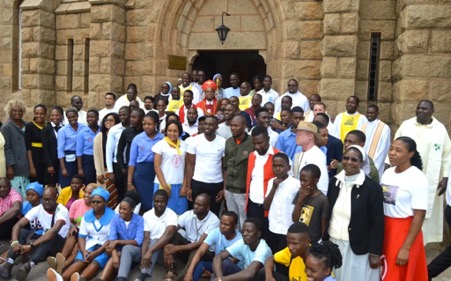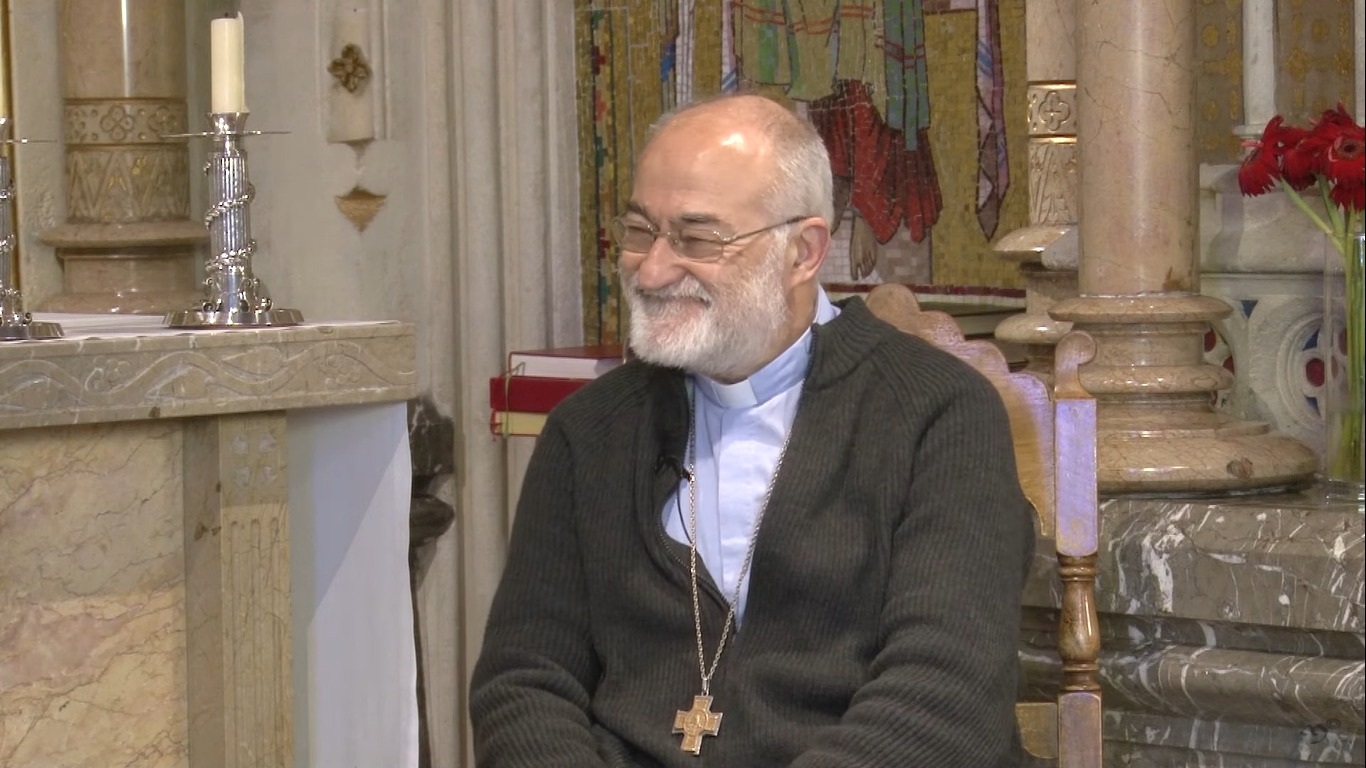The Catholic bishops of the Maghreb declared their support for the simple blessings for same-sex or divorced couples outlined in the papal declaration Fiducia Supplicans, departing from the position of their counterparts south of the Sahara.
After a plenary session of the Regional Bishops Conference of North Africa (CERNA) on 11-15 January, the bishops of Algeria, Libya, Morocco, Tunisia and Western Sahara said: “When people in an irregular situation come together to ask for a blessing, it may be given provided this does not cause confusion for them or for others.”
This contrasted with the Symposium of Episcopal Conferences of Africa and Madagascar (SECAM), which issued a collective response on 11 January rejecting the declaration as confusing and “in direct contradiction with the cultural ethos of African communities”.
It followed a series of statements from national conferences opposing the declaration, and some individual bishops directly prohibiting any blessings within their jurisdiction.
In Kenya, Archbishop Philip Anyolo of Nairobi banned any blessings. “Any form of blessing of same-sex unions and activities would go against God’s word, the teaching of the Church,” he said.
“This declaration confirms and reiterates the perennial teaching of the Church that marriage is to be affirmed as an ‘exclusive, stable and indissoluble union of a man and a woman, naturally open to the generation of children’, and that the Church does not have the power to impart blessings on unions of persons of the same sex.”
Local Catholics expressed alarm that “individual bishops and clergy in general can ‘oppose’ the voice of the Pope and get away with it”.
“This is the first time I have seen our church being divided rather than united on a given issue,” commented Jesse Kaanyiri, from Ruiru in the Archdiocese of Nairobi. SECAM’s subsequent statement emphasised that the bishops remained in communion with the Pope.
CERNA, based in Rabat, is a member of SECAM but did not mention the larger body’s position in its statement. Instead, it urged all to “avoid any spirit of controversy and cultivate everything that contributes to nourishing the communion and unity of the universal Church”.
Whereas Cardinal Ambongo said the papal declaration was too subtle for “simple people” to understand, CERNA welcomed it as “an invitation to reread and evaluate our ecclesial practice of discernment and deepen the concrete paths of a pastoral ministry of reconciliation and communion”.
CERNA connects the tiny Catholic communities dotted across Muslim North Africa and many parishes have black African students and workers in their congregations. Hostility toward homosexuality is widespread there, as it is in sub-Saharan Africa.
Bishops in the region, however, are largely from nearby European countries rather than natives of their dioceses. The CERNA president, Cardinal Cristóbal López Romero of Rabat, is a Spanish Salesian who has long worked in Paraguay. The next two officials in the conference are French.
“The positive reception of Fiducia Supplicans is therefore more theoretical than practical,” CERNA secretary general Fr Michel Guillaud told La Croix.
In the Netherlands, the Dutch bishops conference began their carefully worded statement saying it was “a welcoming Church” that could offer non-liturgical prayers for Catholic individuals in “an irregular relationship”.
But this prayer should ask God to help that person discern his will for traditional marriage “and continue to grow”, they said. "This is not a blessing or confirmation of an irregular relationship.”
The Christian daily Nederlands Dagblad commented: “There will probably be few gay couples and remarried divorcees who approach a priest under those conditions.”



 Loading ...
Loading ...